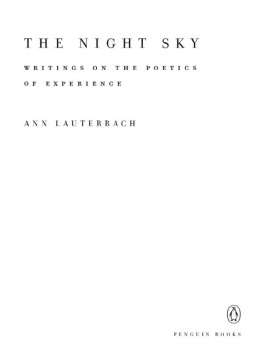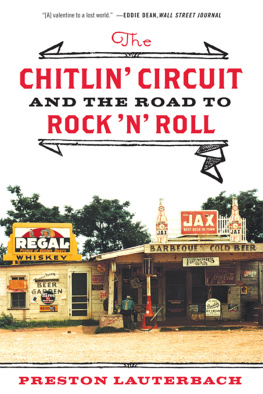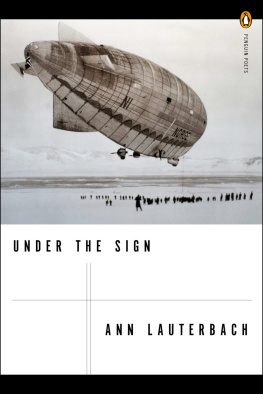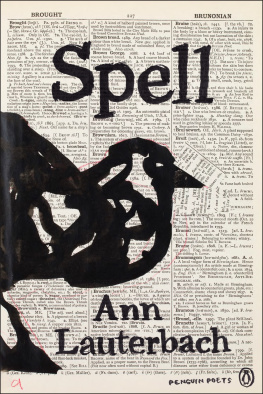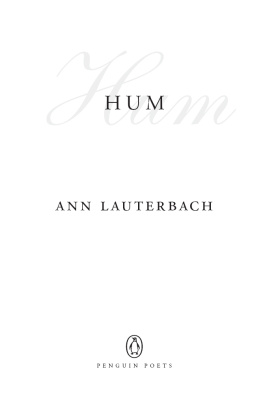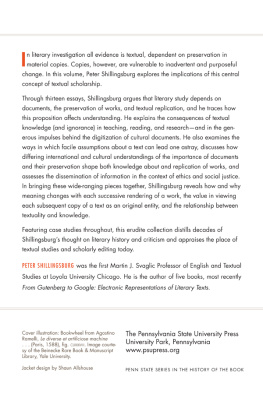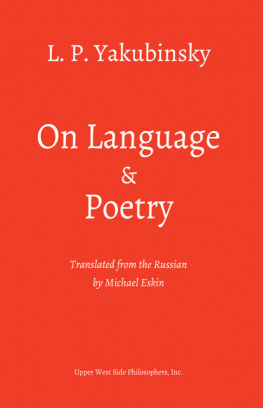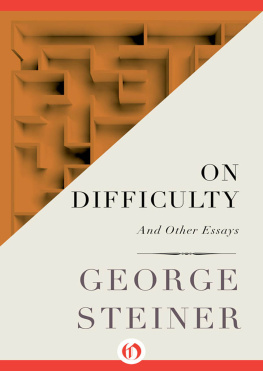PENGUIN BOOKS
THE NIGHT SKY
Ann Lauterbach was born and grew up in New York City. After college (University of Wisconsin, Madison), she attended Columbia University on a Woodrow Wilson Fellowship, but moved to London before completing her MA in English literature. She lived in London for seven years, working variously in publishing and arts institutions. On her return, she worked for a number of years in art galleries in New York before she began teaching. She has taught at Brooklyn College, Columbia, Iowa, Prince ton, and at the City College of New York and Graduate Center of CUNY. Since 1991 she has been Director of Writing in the Milton Avery School of the Arts at Bard College, where she had been, since 1999, Ruth and David Schwab II Professor of Languages and Literature. Lauterbach has received a number of awards and fellow ships, including a Guggenheim Fellowship in 1986 and a John D. and Catherine T. MacArthur Fellowship in 1993. She is the author of seven collections of poetry, including Hum , If in Time: Selected Poems 19752000 , On a Stair , And for Example , and Clamor , and she has collaborated on several books with visual artists. She lives in Germantown, New York.
THE NIGHT SKY
WRITINGS ON THE POETICS OF EXPERIENCE
ANN LAUTERBACH

PENGUIN BOOKS
PENGUIN BOOKS
Published by the Penguin Group
Penguin Group (USA) Inc., 375 Hudson Street, New York, New York 10014, U.S.A. Penguin Group (Canada), 90 Eglinton Avenue East, Suite 700, Toronto, Ontario, Canada M4P 2Y3 (a division of Pearson Penguin Canada Inc.) Penguin Books Ltd, 80 Strand, London WC2R 0RL, England Penguin Ireland, 25 St Stephens Green, Dublin 2, Ireland (a division of Penguin Books Ltd) Penguin Group (Australia), 250 Camberwell Road, Camberwell, Victoria 3124, Australia (a division of Pearson Australia Group Pty Ltd) Penguin Books India Pvt Ltd, 11 Community Centre, Panchsheel Park, New Delhi 110 017, India Penguin Group (NZ), 67 Apollo Drive, Rosedale, North Shore 0632, New Zealand (a division of Pearson New Zealand Ltd) Penguin Books (South Africa) (Pty) Ltd, 24 Sturdee Avenue,Rosebank, Johannesburg 2196, South Africa
Penguin Books Ltd, Registered Offices: 80 Strand, London WC2R 0RL, England
First published in the United States of America by Viking Penguin, a member of Penguin Group (USA) Inc. 2005
Published in Penguin Books 2008
Copyright Ann Lauterbach, 2005
All rights reserved
Some of the essays in this book were previously published.
Acknowledgments to the original publishers appear in the introductory notes to the selections.
Permission Section constitutes an extension of this copyright page.
ISBN: 978-1-1012-0118-3
CIP data available
Except in the United States of America, this book is sold subject to the condition that it shall not, by way of trade or otherwise, be lent, resold, hired out, or otherwise circulated without the publishers prior consent in any form of binding or cover other than that in which it is published and without a similar condition including this condition being imposed on the subsequent purchaser.
The scanning, uploading, and distribution of this book via the Internet or via any other means without the permission of the publisher is illegal and punishable by law. Please purchase only authorized electronic editions and do not participate in or encourage electronic piracy of copyrightable materials. Your support of the authors rights is appreciated.
Life, as the ultimate unity, lies at the basis of the poeticized.
Walter Benjamin
To Joan Richardson and Michael Brenson
INTRODUCTION
What compels a poet to write prose? The answer is in each case unique, but since the Renaissance, Western poets have elaborated and augmented their genre in prose writings. The ecclesiastical English metaphysician John Donne wrote sermons and meditations; his great lines No man is an island, entire of itself; every man is a piece of the continent, a part of the main are found in his Meditation 17. In A Defense of Poetry the Romantic revolutionary Percy Bysshe Shelley asserted, famously, that poets are the unacknowledged legislators of the world. Charles Baudelaires essays on writers, artists, and art were central to many modernist thinkers, notably Jean-Paul Sartre and Walter Benjamin. W. B. Yeats practically invented the New Age with his occult cosmology A Vision. Up until the Internet hit town, poets letters and journals lent archival grist to biographical and interpretive mills. John Keatss trenchant formulation of a poets necessary disposition, negative capability, was in a letter, as was Arthur Rimbauds prescient Je est un autre (I is an other). Emily Dickinsons Master Letters spawned a small industry of distracting speculation about her amorous life. Rainer Maria Rilkes Letters to a Young Poet still inspires a call to write poems. Each of these examples, and there are countless others, is at least in part animated by a belief that poetry, as old as the human voice itself, is integral and necessary to the human conversation; that it helps to construct the infinitely various linguistic bridgethe beautiful contingencybetween persons and their worlds.
Many twentieth-century American poets brought to their practice a critical engagement with other arts, as well as a new experimentalism, often informed by unprecedented rapid changes in international culture, both at the level of shifts in the language of form and in circuits of production, distribution, and reception. Poets wrote essays and reviews, letters and manifestos; they edited magazines and critiqued each others works. Many wrote novels, plays, and short stories as well as poems. Some undertook to undermine the strict separation between genres; some collaborated with artists in other fields. In my own generation, poets have extended these connections, helping to reconfigure American poetics into the communities of world literature and to bring a charged and rigorous articulation to discourse between practice and theory. These poets have engaged with, and argued for, a radical ambition for the place of the poem in cultural life. In these pages, I add my voice to theirs.
When poets are connected to the times in which they live, the forms they explore give us keys to the construction of meaning. Gertrude Stein made this point most succinctly: Nothing changes from generation to generation except the thing seen and that makes a composition, she wrote in Composition as Explanation. Stein believed, and I agree with her, that humans share the same essentials in their existing, but what changes is the emphasis, the insistence, as she called it; the thing seen. Artists, she believed, are responsible for portraying this shifting emphasis; that is, for finding forms that reflect the movement of time, as neither historical narrative nor descriptive mimesis, but as immediate engagement and response: And each of us in our own way are bound to express what the world in which we are living is doing, Stein wrote in Portraits and Repetition. Ezra Pound wanted poetry to be news that stays news, condensing and codifying the double-edged desire for poetry to be in and of its present, while simultaneously turning that immediacy into a lastingly fresh apprehensionpetals on a wet black bough. This tension between ideas of endurance and ideas of immediacy characterizes much of modernist poetics.
In these writings I explore the proposition that poems, and artworks in general, are not only pleasant distractions, entertainments; not just icing on the cake of life. I dont want to claim that poetry is good for you the way walnuts are. But good poems reconfigure the place between acts of perception and response, mental conception and material structure, in sets of particulars that keep the new(s) from shredding existence into repetitious and interminable platitudes. Yet poetry in America is in, at best, a marginal relation to mainstream culture, even mainstream academic culture. Why, I have often wondered, do so many persons want to write poems, if the culture at large disdains to include them in its self-picturing? When poet and publisher Sam Hamill declined an invitation from Laura Bush for tea at the White House in the fall of 2002, because he did not wish to be seen, even implicitly, as in support of the imminent war in Iraq, he set off a cascading reaction, gathering literally thousands of poems on his Web site. This eruption of support led to a reading at Lincoln Centers Avery Fisher Hall in New York on February 17, 2003, organized by Not in Our Name and hosted by writer/actor Wallace Shawn and writer/actor/director Andr Gregory. I was happy to be included among those who read that night, a night in which the city was muted in deep snow. We did not expect much of an audience. But the hall filled, and when we walked onto the stage, the audience stood to applaud before a word was spoken. Why, at that moment, did the public want to listen to poems? They had, many of them, gathered a few days earlier, in silent protest. They wanted, I thought, their unity as a crowd to find individual utterance; they wanted to be, somehow, represented. The anonymity of poetry and the anonymity of the crowd shimmied into focus, into persons, faces, voices.

